European Commission President Jean-Claude Juncker has opened a probe into whether his predecessor Jose Manuel Barroso breached EU ethics guidelines by joining US investment bank Goldman Sachs. In a letter to the European Union's official watchdog, Juncker also said Barroso will now be received at the Commission, the executive arm of the 28-nation bloc, as a lobbyist rather than as a former president.
Juncker said his team would send Barroso "a letter asking him to provide clarification on his new responsibilities and the terms of reference of his contract, on which I will seek the advice of the (Commission's) Ad Hoc Ethical Committee."
The committee's findings are non-binding.
His letter was released late Sunday by European Ombudsman Emily O'Reilly who had written to Juncker last week asking him to check whether Barroso's appointment "conforms with ethics obligations" in the EU treaties.
Barroso's appointment to the role a non-executive chairman and advisor at the US investment bank has caused a furore in the EU, with French President Francois Hollande deeming it "morally unacceptable".
Goldman Sachs was heavily involved in selling complex financial products, including subprime mortgages that contributed to the world financial crisis in 2008.
The European Ombudsman investigates complaints about maladministration in the institutions and bodies of the EU.
Barroso headed the Commission from 2004 to 2014, overseeing membership for several former communist states in Eastern Europe, the response to the global financial crash and the ensuing eurozone debt crisis.
The former Portuguese prime minister has been criticised for comments he made to the Financial Times suggesting that he would be well-suited to helping Goldman Sachs following Britain's shock June 23 vote to leave the EU. Goldman Sachs said in a statement in July that the hiring of Barroso was "nothing to do with the outcome of the Brexit vote."
At the time, the Commission said Barroso did not have to inform Juncker about the job because he had been through an 18-month "cooling off" period since leaving and it was safe to assume he no longer had access to privileged information or influence.
But it added he would still be bound by EU rules of professional secrecy.
Asked why Juncker took so long to request the information from Barroso, Commission spokesman Alexander Winterstein told a press conference that the president needed "some time to think" before asking for more information.
"What counts is that opinion is based upon facts," Winterstein said.
Barroso's meetings will be "reported and listed in the interests of transparency" and he will not be given VIP treatment when he visits the commission as a lobbyist, the spokesman said.
BR100
15,076
Increased By
16.8 (0.11%)
BR30
43,201
Increased By
269.8 (0.63%)
KSE100
148,709
Decreased By
-106.3 (-0.07%)
KSE30
45,153
Decreased By
-53.7 (-0.12%)


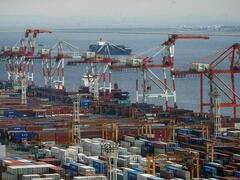


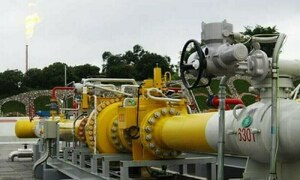

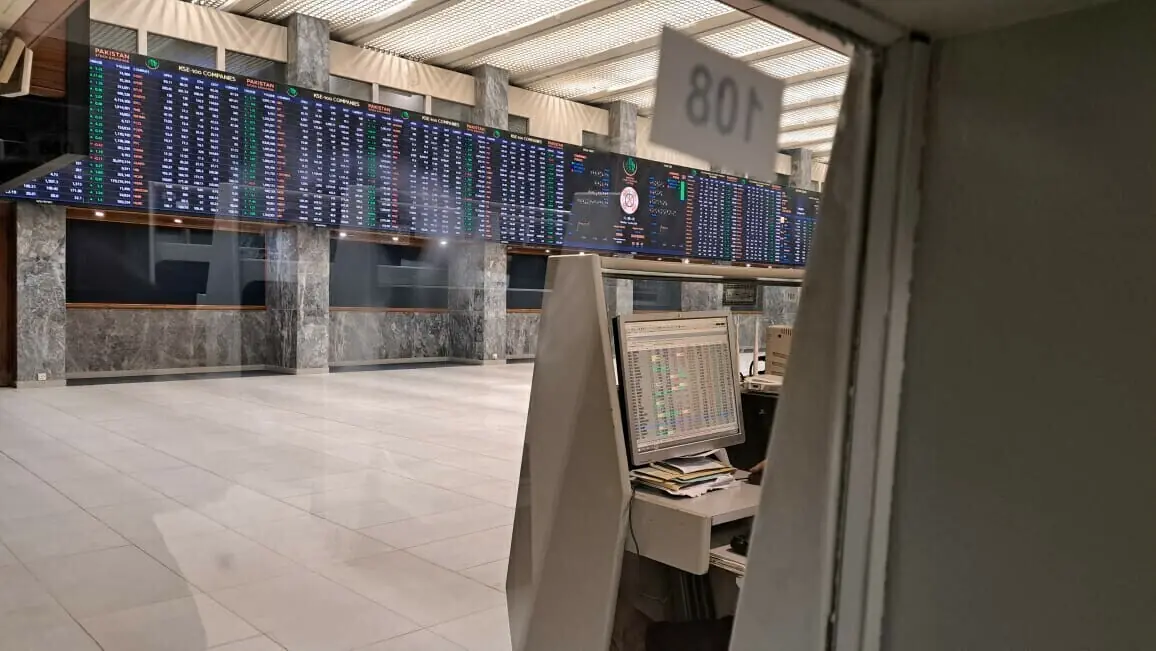


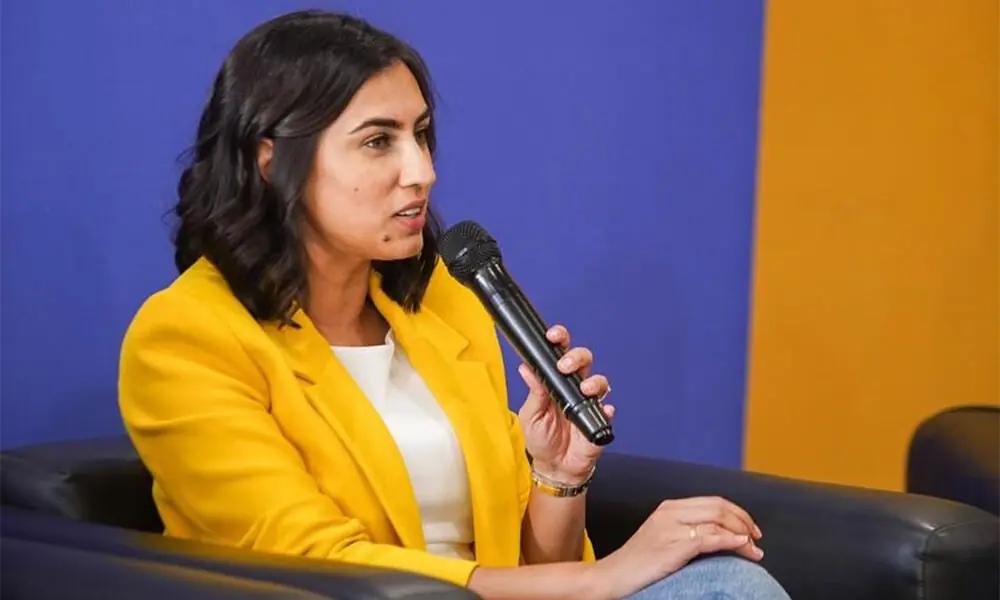



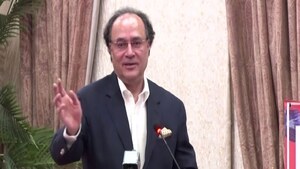


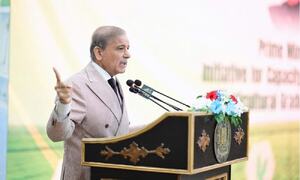



Comments
Comments are closed.